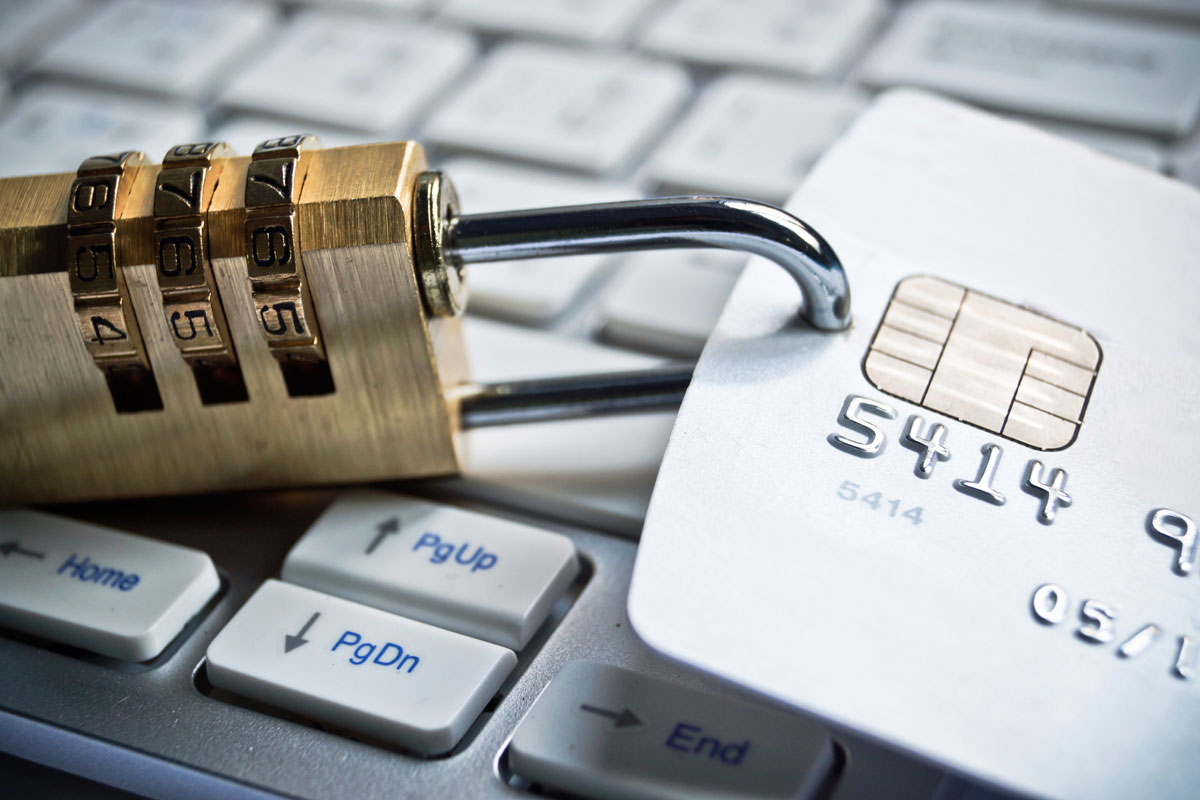

See more
 Publication date: 06.03.2025
Publication date: 06.03.2025
☑️ State executor - I know everything and even more about the execution of court decisions. ☑️Lawyer of a cool retail company - full legal support of business. ☑️ Head of the rental department - I know all the "pitfalls" of rental relations. ☑️A lawyer - I will substantiate any legal position.
Initial Data. A client sought legal assistance because her property, specifically an apartment that she owned, was taken from her possession without her consent through forgery and the use of falsified documents.
Case Description and Resolution. During the pre-trial investigation of the criminal case, it was established that the documents based on which the claimant lost ownership of the property and was deregistered from her place of residence—were forged. A fraudulent scheme for reselling the apartment was uncovered.
Result. The apartment was returned to the claimant's ownership.
How to Protect Your Home from Fraudsters
1. Checking Documents and Registers
- Regularly check information about your property in the State Register of Property Rights.
This can be done online via "Diia" or the Ministry of Justice website. - Order an extract from the register—if a new owner appears without your knowledge, act immediately.
- Ensure you have original ownership documents (purchase agreement, ownership certificate).
2. Protection Against Document Forgery
- Prohibit any registration actions without your presence.
This can be done by filing a request with a notary to forbid registration actions without your personal presence. - Establish a prohibition on sale without the consent of all owners.
This is crucial for co-owners to prevent one party from selling a share without the others' knowledge.
3. Protection Against Power of Attorney Fraud
- Never issue a power of attorney for property management to strangers.
If needed, specify clear limitations in the document, e.g., only for document submission, without selling rights. - Verify if a fake power of attorney has been issued on your behalf.
This can be checked in the Unified Register of Powers of Attorney through a notary.
4. Protection Against Identity Theft
- Never give your documents for copying—fraudsters may use a fake passport to process transactions.
- If you lose your passport—immediately report it to the police to prevent it from being used in fraudulent schemes.
5. Protection Against Raiding Attempts
- If someone tries to evict you using forged documents—immediately contact the police and court.
- Any unauthorized sale of your property can be legally challenged.
- Inform your neighbors that your property is not for sale.
If suspicious "buyers" or "new owners" appear, neighbors can help react quickly.
What to Do If You Risk Losing Your Property?
- Urgently contact a lawyer or notary to verify all documents.
- If the apartment has already been "transferred" to fraudsters—file a lawsuit and report to the police.
- Block illegal registration through the Ministry of Justice.
Regularly check your property status in official registers and act proactively to leave fraudsters no chance!
Real Estate Fraud Schemes
Property fraud is a widespread issue, especially in cases of apartment resales.
What to Pay Attention to When Buying an Apartment
1. Checking the Owner
- Order an extract from the State Register of Property Rights to verify the official owner and any encumbrances (mortgages, arrests, etc.).
- Request and carefully examine the original ownership documents.
- Check when the seller acquired the property—if it was recent, it might be a fraudulent resale scheme.
2. Checking Property Documents
- If an apartment has been resold multiple times in a short period—this is a red flag!
- Verify if any lost or forged documents were used in ownership transfers.
- If the seller acts via power of attorney—confirm its validity through a notary.
3. Suspicious Deal Conditions
- An unusually low price is often a way to attract buyers and disappear quickly.
- The seller avoids meetings, refuses to show original documents, or rushes the transaction.
- Payment is requested in cash without receipts or through "intermediaries."
4. Verification by a Lawyer or Notary
- A notary has access to registries and can check for property arrests.
- A lawyer can verify document authenticity and legality.
5. Checking the Apartment’s History
- Request an archival certificate from the Bureau of Technical Inventory (for older properties) to check past owners.
- Investigate whether there have been any legal disputes over the property.
Common Fraud Schemes
- Forged Documents – Fraudsters create a fake owner’s passport and sell the apartment without their knowledge.
- Sale via Fake Power of Attorney – Verify through a notary whether the power of attorney has been revoked.
- Forced Resale Due to "Debts" – Check for any court rulings affecting the property.
What to Do If You Have Doubts?
- Hire an independent lawyer.
- Verify all documents through official registries.
- Do not hand over money without legal documentation.
- Never sign documents you do not fully understand.
If an apartment raises even the slightest suspicion—it’s best to walk away from the deal.
Legal Options to Reclaim Property
If a property was sold under a fraudulent contract, the rightful owner has the right to reclaim it from the illegal possessor.
If there are no contractual relations between the parties or the dispute involves invalid transactions, the return of the property should be resolved according to Articles 387 and 388 of the Civil Code of Ukraine.
If you are purchasing property, we strongly recommend consulting a lawyer to verify all documents and ensure the legality of the transaction. If your property is at risk, seek legal assistance immediately.
Qualified attorney Iryna Serohina will help protect your rights and your property.



































































